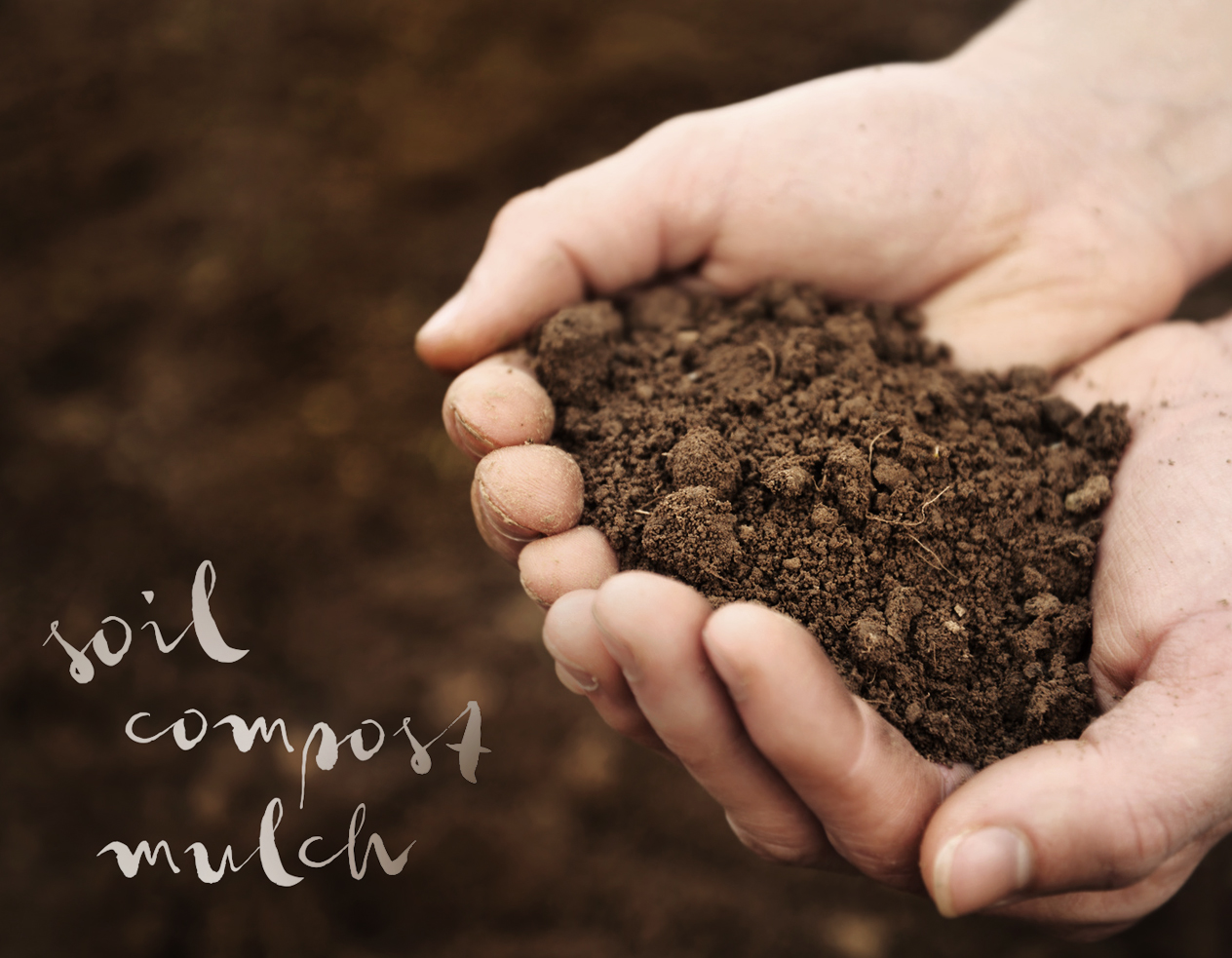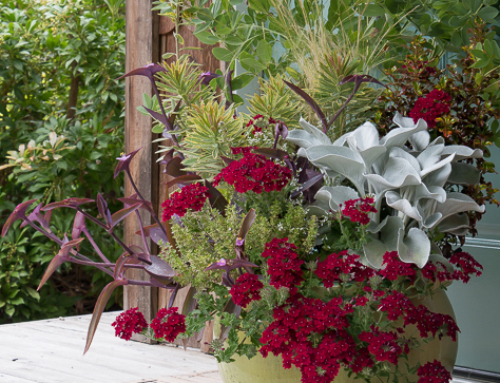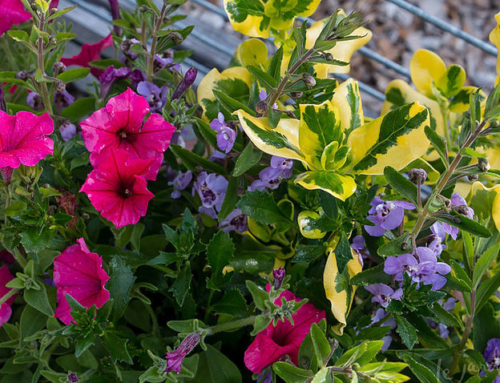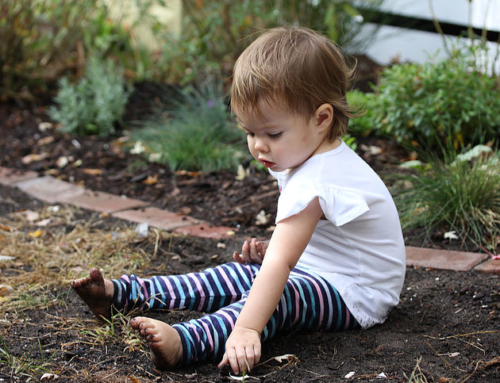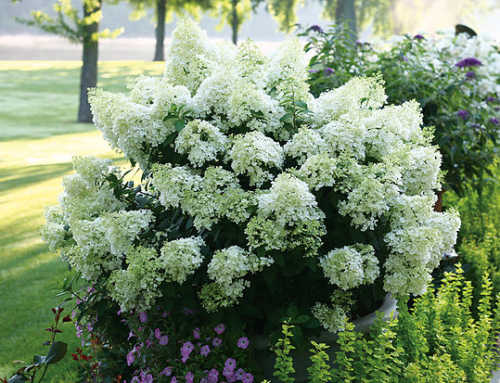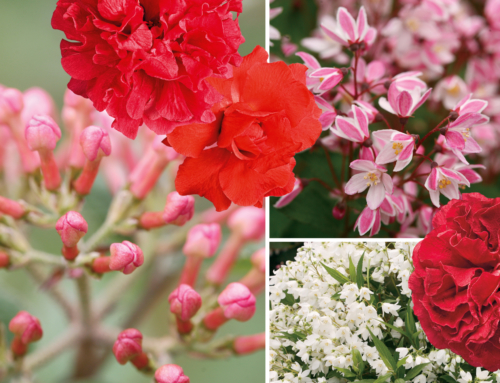I generally feel like I can’t do much of anything about of a whole host of things that concern me (Guns, Breixit, Trump, Global Warming…I’d rather not go on…). But small measures add up and usually lead to big change – the garden quickly reminds me of that. I have a large garden and 11 years ago I arrived to a couple of nice patches where soil had obviously been imported and dug in deeply. But otherwise it was mostly a discouragingly rocky, acidic, dry hilltop. History tells me that this whole area of New England was at one time void of the tall pines that greeted me when we moved in. The rock walls of historic farms snake through the woods – this was once cleared as farm land. I don’t know that it was particularly fertile, but that is hardly the point. What I find interesting is that most people would look at my land and think that the tall pines have been here for a long time and that the woodsy nature is permanent. But it isn’t. What is here now came within only a few generations and the last 11 years, and a few generations before that, it was in some other form entirely; untouched by modern man. Transformation happens both fast and slow and in many small ways.
The Earth is without question heating up and each summer we seem to break new global temperature records. I am quite sure that my garden isn’t the only one that takes giant gulps of water – burps quietly – and then immediately begs for more. This year, areas of the lawn were burnt out and parched sooner than ever, and in response, I am constantly adjusting to its needs. At first, more hoses and expanded irrigation seemed reasonable but while more water will do the job, it is also a band-aid solution that won’t last. It just keeps getting hotter and drier and I run the well dry faster and faster. Plus I hate being a slave to a landscape – while I enjoy modifying it, building it and cultivating it, I believe it should always be able to mature to a point where it can care for itself – and that means feeding the soil. Better soil will capture the rain, when it comes, and lock it in. As heat rises, so does evaporation; more organic matter and mulch will help keep this in check.Soil. Compost. Mulch. These are things to intensively grow – particularly at this time of year. Improve them constantly, bit by bit, to build up soil fertility and improve structure. Don’t hesitate to add even more mulch after a good rain and recognize that in hot weather, every bit of digging and hoeing that you do will deplete the soil of water resources. This is your excuse to let a few weeds grow – for now – their (pre-seed) rotting carcasses are often the cheapest and easiest organic matter you can come by. I find that a weed pile left on the hot asphalt of my driveway for just a couple of weeks – sometimes less, will cook itself into usefulness. Stop thinking of mulch as just bark or wood chips, and strike from your brain any suggestion of mulching with rubber crumbles other synthetic trash. Mulch plants with compost or cut grass. My local nursery makes an unadvertised mix of 50/50 bark mulch/compost – this two for one product it is worth asking for. Recycled paper, cardboard and straw are also good options – particularly for paths. These things will rot into something better and in the mean time, will hold water. Little by little – every time a new box arrives break it down and recycle it in your garden. Think less about feeding your plants and more about feeding the soil (that in turn feeds your plants). Layering in materials throughout the growing season are tiny steps that add up. Big problems require big solutions and while I often feel helpless, when I look around and remember how overwhelming this place once was – not too long ago – I find encouragement to keep my pace and to keep prodding along. Sometimes I feel I am accomplishing very little or nothing at all, but consistent effort over time yields results that are far greater than those achievable in quick fits.
Mulching Tips:
• In the vegetable garden, mulch between rows, once seedlings have germinated.
• Don’t put mulch right up around the plant’s stem. This can cause rotting off or it can burn the stem if the mulch is too nutritious.
• To keep weeds down, your mulch must be at least 3-4 inches deep; but for conserving moisture half that is adequate.
• If adding paper (such as cardboard) as mulch, make sure to remove tape or other coatings and bury it beneath bark mulch or compost encourage it to breakdown faster and improve how it looks.
• There is no such thing as yard waste, it if was produced by your garden, your landscape can reuse it in some way – close the loop, keep it on site and put it to good use.
-Rochelle

